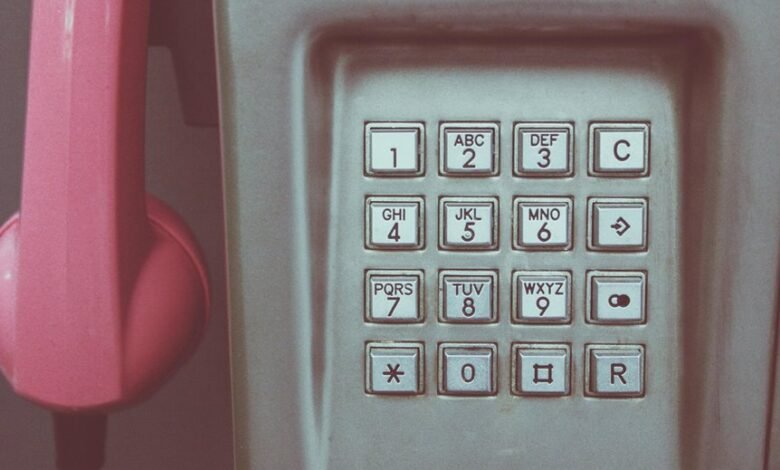National Communication Surveillance Agency 18009399157 8124350998 5708382723 4055912486 5158759601 7063077725

As you consider the role of the National Communication Surveillance Agency, it’s essential to examine how it navigates the delicate balance between national security and individual privacy rights. What strategies does the agency employ to ensure compliance with legal standards while protecting citizens’ information? The implications of its actions are profound, raising questions about public trust and ethical considerations in an age where connectivity is paramount. What challenges lie ahead in this ongoing dialogue?
Overview of the National Communication Surveillance Agency
The National Communication Surveillance Agency (NCSA) plays a crucial role in overseeing and regulating communication practices within its jurisdiction, ensuring that citizens’ information is protected while maintaining national security.
As communication technology evolves, you might wonder how effectively the NCSA balances data protection with security needs. Understanding this relationship is vital for you to appreciate your rights in a rapidly changing digital landscape.
Key Functions and Responsibilities
While navigating the complex landscape of communication regulation, you’ll find that the National Communication Surveillance Agency (NCSA) has several key functions and responsibilities that are essential for maintaining a balance between security and privacy.
This includes effective data collection and communication monitoring to ensure compliance with laws while safeguarding individual freedoms.
Understanding these roles helps you appreciate the nuances of oversight in our interconnected world.
Impact on National Security and Public Safety
As the National Communication Surveillance Agency (NCSA) plays a pivotal role in monitoring communication channels, its impact on national security and public safety can’t be overstated.
You might wonder how surveillance effectiveness balances with public trust. When you see NCSA successfully thwarting threats, you might feel safer.
Yet, if trust erodes, the very foundation of security can become fragile, raising important questions about accountability.
Balancing Surveillance and Privacy Rights
Balancing surveillance and privacy rights presents a complex challenge, especially as society grapples with the need for security while safeguarding individual freedoms.
You must consider surveillance ethics carefully, weighing the necessity of monitoring against rising privacy concerns.
How can we ensure that security measures don’t infringe on your rights?
It’s crucial to find a middle ground that respects both safety and personal autonomy.
Conclusion
In conclusion, the National Communication Surveillance Agency stands as both a guardian and a gatekeeper in our digital age. While it’s crucial for national security, we must constantly question how it navigates the fine line between safety and privacy. Like a tightrope walker balancing high above, the NCSA’s ongoing dialogue with the public shapes its effectiveness. Ultimately, fostering trust is key; without it, the very fabric of our security measures could unravel, leaving us vulnerable to unseen threats.




